The Ultimate Guide To Vegetarian Protein Sources: A Comprehensive
Overview:
It’s impossible to overstate the importance of protein in our meals in today’s health-conscious society. Although many people only consider animal products as sources of protein, there are numerous vegetarian options for those who want to follow a meat-free diet. Vegetarian protein sources offer a wide range of options to meet your nutritional needs, from grains to legumes to milk substitutes. Let’s check out this detailed guide to know all about vegetarian protein sources.
Knowing Protein and Its Importance Amino acids that make up proteins are important macronutrients that are often referred to as the building blocks of life. They are essential for many body processes, such as enzyme synthesis, immunological response, hormone regulation, and muscle growth and repair. Regardless of dietary preferences, consuming adequate protein is critical to overall health and well-being.
Important Things Vegetarians Should Know: It can occasionally be difficult for vegetarians to get enough protein in their diet. Unlike their omnivore counterparts, vegetarians must choose their plant sources carefully to get the recommended amount of protein each day. However, with proper preparation and information, it is entirely possible to achieve the required protein intake on a vegetarian diet.
Are you giving up meat and dairy but not sure if you’re meeting your protein needs? Stop worrying now. There are many plant-based protein sources you can delve into. We’ve listed a few to get you started.
Quinoa:
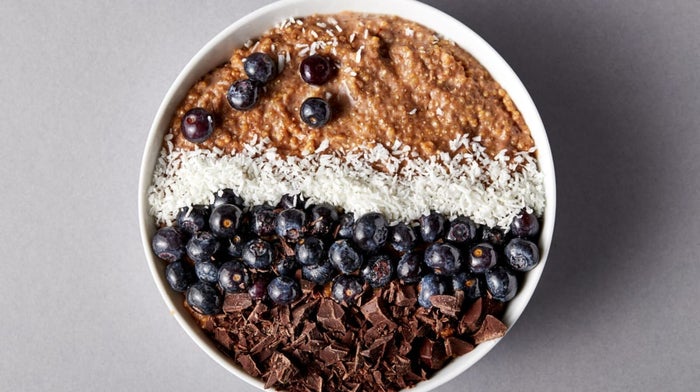
Quinoa (pronounced keen-wah, for the record!) is arguably one of the best sources of protein (and carbohydrates) for vegetarians and vegans. Its couscous-like consistency makes it great for use in salads, casseroles, and even breakfast bowl recipes.
Quinoa is also rich in iron, fiber and magnesium, making it the perfect whole food.
Macros (100g):
Protein – 14g
Carbohydrates – 64g
Fat – 6g
Chia seeds:
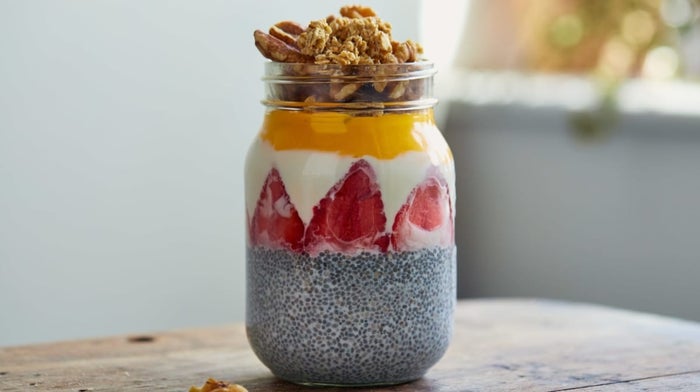
Chia seeds have been growing in popularity recently due to their high omega-3 content – higher than any other plant-based food. Their consistency mixed with liquid makes them great for recipes, especially as a substitute for eggs.
They are also rich in iron, zinc and calcium as well as many antioxidants. Check out these 3 chia pudding recipes for inspiration.
Macros (100g):
Protein – 17g
Carbohydrates – 42g
Fat – 31g
Soy:
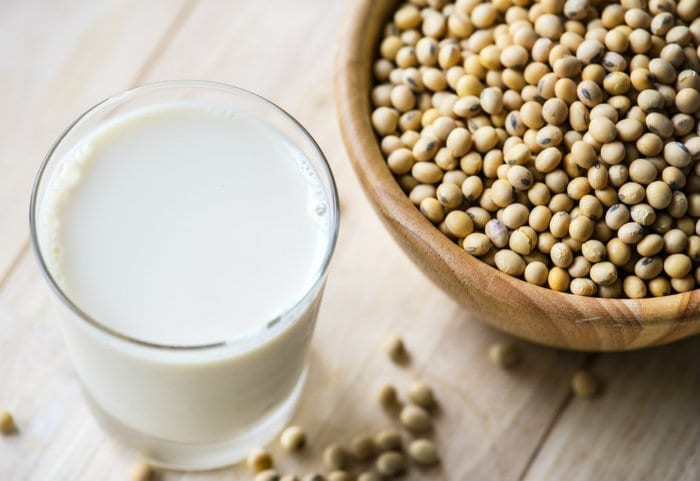
Soybeans are a great addition to any salad and recipe and also make a great snack. There are many products derived from soybeans, such as tofu, tempeh and edamame beans.
It is one of the largest sources of protein for vegetarians and vegans and is also often used in protein shakes.
Macros (100g):
Protein – 36g
Carbohydrates – 30g
Fat – 20g
Read Dive into Adventure at Miami Seaquarium: Florida’s Premier Aquarium Destination
Beans:
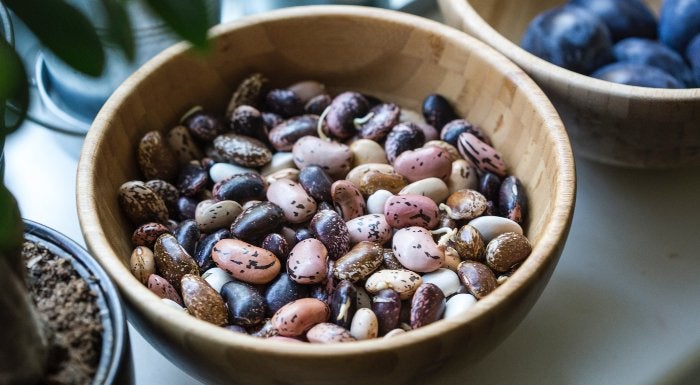
There are dozens of varieties of beans, from black beans to pinto beans. They make a great salad and can be combined with other foods such as rice to create a tasty dish high in protein and complex carbohydrates.
The macros listed are for black beans.
Macros (100g):
Protein – 22g
Carbohydrates – 62g
Fat – 1.4g
Hemp seeds:
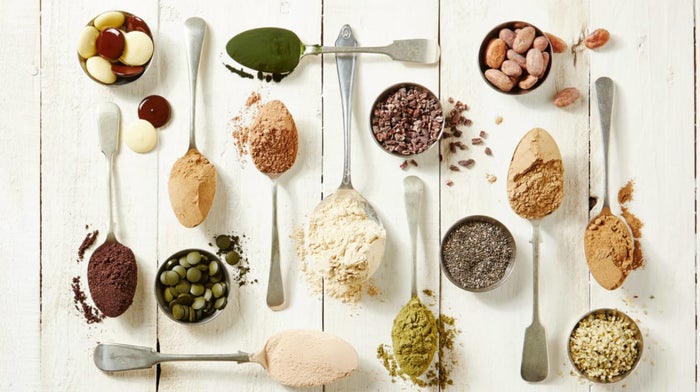
Hemp seeds are an excellent source of protein high in magnesium, zinc, iron and calcium. It contains large amounts of all nine essential amino acids as well as fatty acids such as Omega 3
They are most commonly taken in supplement form. The macronutrients for our hemp protein are:
Macros (100g):
Protein – 50g
Carbohydrates – 26g
Fat – 12g
Nuts:

Nuts like almonds, peanuts, cashews, etc. are all excellent sources of protein. You can also buy them in the form of nut butter.
The macronutrients for peanuts are as follows:
Macros (100g):
Protein – 26g
Carbohydrates – 49g
Fat – 16g
Chickpeas:
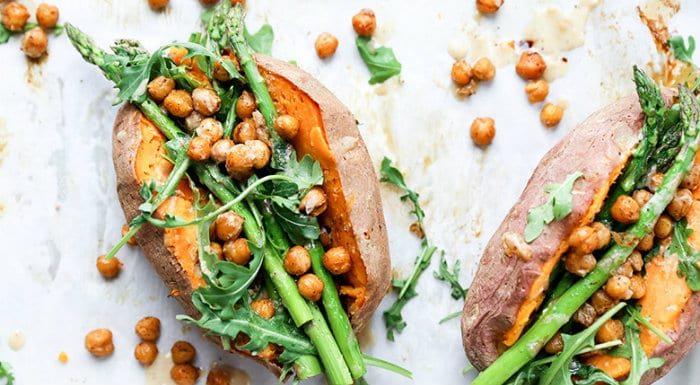
Chickpeas are extremely versatile legumes that, in addition to essential amino acids, also have a high protein content.
They are also used to make hummus, This is a great topping/dip for any snack.
Macros (100g):
Protein – 19g
Carbohydrates – 61g
Fat – 6g
Green peas
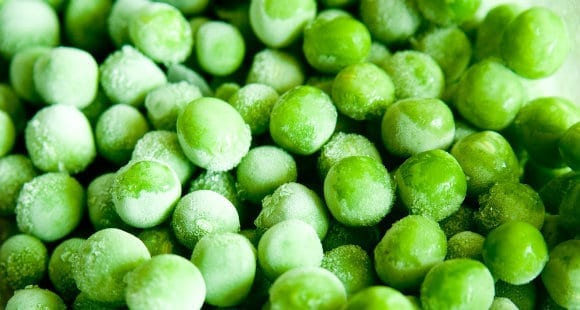
Great in taste, one of your fruit and vegetable additions and low in calories. They don’t have as much protein as some of the other products on the list, but for a vegetable they have an excellent macronutrient ratio:
Macros (100g):
Protein – 1.8g
Carbohydrates – 7g
Fat – 1.2g
Vegetarian/vegan dietary supplements:
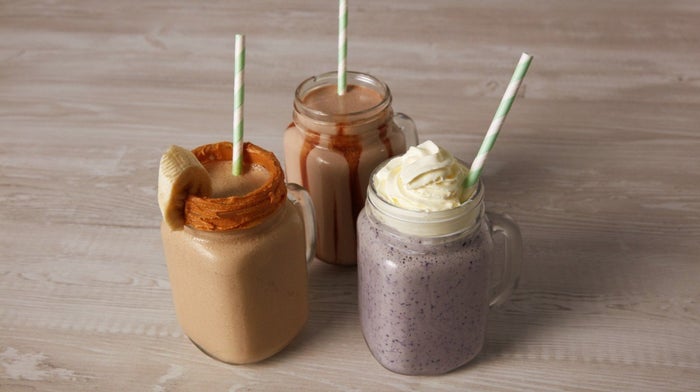
Many of the protein sources listed here can be purchased in the form of supplements, soy and pea protein, etc. These offer a higher protein content than the raw forms and are quick, easy and convenient to consume.
Our vegan blend of pea and broad bean isolate is a delicious and convenient way to get your protein. It is available in 5 delicious flavors including chocolate and turmeric latte. The macronutrients are:
Macros (100g):
Protein – 73g
Carbohydrates – 14g
Fat – 1.8g
Take home message:
You don’t have to be a lean, mean chicken eating machine to make profits today. There are so many vegan protein sources and so many recipes to help you find meals you love with them.
Train your cooking skills, incorporate some of these protein-rich sources into your meals, and achieve the Ve-Gains of your dreams.
Read Best Mixers to Use for Tasty Vodka Drinks That Everyone Likes
Sources of plant protein:
Legumes:
Beans, lentils and chickpeas are examples of legumes that are among the largest sources of plant-based protein. They are a great addition to any vegetarian diet as they are also rich in fiber, vitamins and minerals. Adding beans to soups, salads, and stews is a great way to increase protein consumption.
Grain:
Whole grains like quinoa, brown rice and oats are not only nutrient-dense but also contain a significant amount of protein. Complete proteins include quinoa, which contains all nine essential amino acids. Vegetarians can make a filling and protein-rich choice by including grains in their diet.
Seeds and nuts:
Nutrients, good fats and proteins are abundant in almonds, walnuts, chia seeds and hemp seeds. They can be added to salads, yogurt or smoothies to increase the protein content. They also make great simple snacks.
Soy-based products:
For vegetarians, soybeans and related products – such as tempeh, tofu and edamame – are attractive options because of their high protein content and adaptability in the kitchen. Tofu in particular absorbs flavors well and is suitable for both savory and sweet recipes.
Dairy products and substitutes:
Dairy products are rich in calcium and protein, including cheese, Greek yogurt and cottage cheese. Almond milk, soy milk and oat milk are plant-based substitutes that are rich in protein and fortified with essential vitamins and minerals, making them great options for vegans.
Seitan:
Seitan, also called wheat gluten, is made from wheat protein and is a meat alternative. It is a popular food due to its chewy texture and versatility in seasonings and cooking options for vegetarian meals.
Eggs:
Eggs are a nutrient-dense source of protein that contains all nine amino acids that lacto-ovo vegetarians need. Whether cooked, scrambled, or added to omelettes and frittatas, they are delicious.
Meeting Your Protein Needs on a Vegetarian Diet Although each person’s protein needs vary depending on age, gender, level of physical activity, and general health, the recommended daily allowance (RDA) for protein is approximately 0.8 grams per kilogram of body weight. This need can be easily met by vegetarians by incorporating a range of protein-rich plant foods into their daily meals.
Advice for increasing protein consumption:
Vary the protein sources:
Including a selection of plant-based proteins guarantees that you get all the necessary amino acids and a good amount of other nutrients.
Mix completion proteins:
The overall protein content of a meal can be increased by serving complementary protein sources such as hummus and whole grain pita or beans and rice together.
Study portion sizes carefully:
Plant-based proteins are nutrient-dense, but to maintain a balanced diet you need to consume them in the right amounts.
Examine labels:
Be sure to read the labels of packaged vegetarian products such as veggie burgers or meat alternatives to find out the protein and ingredient content.
Examine supplements for protein:
When eating entire meals is not always possible, protein supplements such as rice protein powder or pea protein can be a practical substitute.
Read How Skilled Appellate Advocacy Can Change Outcomes
Possible difficulties in avoiding:
Excessive consumption of processed foods:
Although highly processed vegetarian meals can be convenient, they are high in harmful fats, added sugar, and sodium. It’s important to prioritize whole, minimally processed options.
Ignore Supplemental Nutrients:
While you’re focusing on protein, don’t forget about other important nutrients like vitamins, minerals, and fiber. A range of nutrient-dense foods should be part of a balanced vegetarian diet.
Not drinking enough fluids:
Whether plant-based or not, a high-protein diet can cause the body to need more water. Make sure you drink plenty of water throughout the day to stay well hydrated.
Summary:
Vegetarian diets include a wealth of protein-rich options that can improve overall health and well-being. You can easily meet your protein needs without using animal products by including a variety of plant-based foods in your meals and paying attention to portion sizes and nutrient balance. With proper preparation and understanding, vegetarianism can be a healthy and fulfilling dietary option for people of all ages.
Read How Long Does it Take to Get a Lifeguard Certification?




